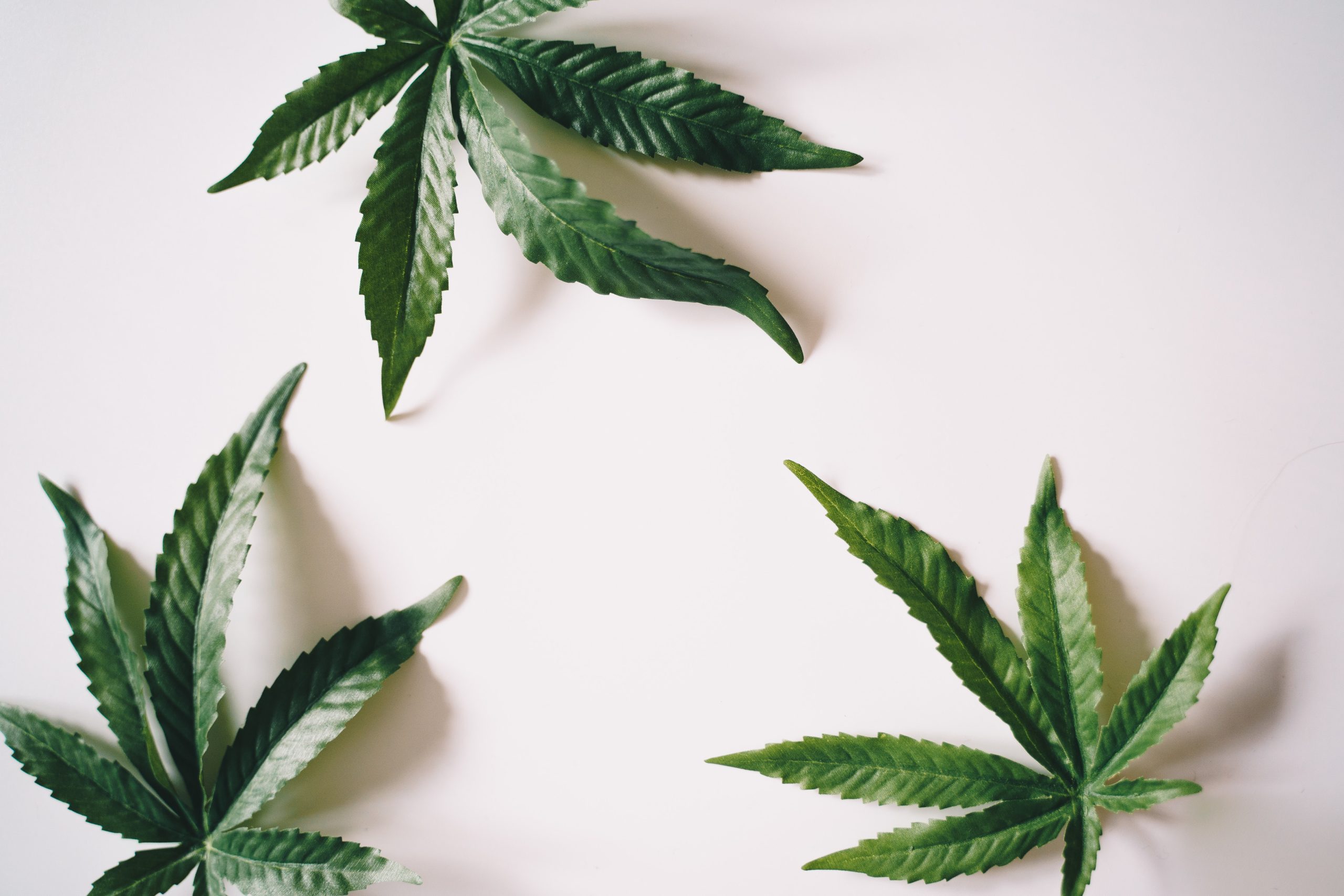Your cart is currently empty!
January 17th, 2022

It seems as though an influx of cannabinoids are emerging onto the market, and two that are particularly popular are delta 8 THC and delta 10 THC. Now, we know – these cannabinoids sound so similar to one another that surely, they basically deliver the same effects, right? Well, not exactly. Delta 8 and delta 10 are similar in that they are both isomers of delta 9 THC, and they are both psychoactive. But, the way in which they can make you feel are quite different from one another, and many Greenlife Remedies customers find that each cannabinoid serves a unique purpose in their hemp routine.
Delta 10 THC is a cannabinoid that we’ve only really been aware of for about a year now. This means that there’s still a lot to learn about it, while other cannabinoids including delta 8 have been studied for several decades. Still, delta 10 has been present on the market for a long enough time now that we have some clear knowledge about what this cannabinoid has to offer, and we also know a good deal about how it differs from delta 8.
Delta 10 was discovered very recently, like we said earlier. It was discovered by accident, in fact, by cannabis farmers who had just purchased a defunct cannabis farm in California. Upon testing the crops that they had inherited, they discovered that because they were exposed to a flame retardant during wildfire season, they yielded high levels of a cannabinoid called delta 10 THC. Upon further investigation, it was found that delta 10 is a naturally occurring cannabinoid in hemp that exists in extremely trace levels. It’s also an isomer of delta 9 THC as well as delta 8 THC.
Meanwhile, delta 8 THC was discovered in 1965 by researchers analyzing cannabis. Delta 8 exists in about 0.1% of the hemp plant (the exact amount of delta 10 is unknown, currently). Because delta 8 was discovered decades ago, studies have been done over the years on its properties to give us a better understanding of how delta 8 works.
Both delta 10 and delta 8 are psychoactive cannabinoids that are capable of getting the user high. Interestingly, both delta 10 and delta 8 are reported to be about 70% as intoxicating as delta 9 THC. This means that the high is milder, and not as capable of interfering with mental alertness.
While each are psychoactive, their more specific effects are different from one another. It’s become well-established throughout the industry that delta 8 behaves similarly to an indica strain, meaning that its effects are more mellowing, making it a more popular choice in the evening. Alternatively, delta 10 seems to behave a lot like a sativa strain, as many find it to be uplifting and capable of enhancing concentration and alertness. Therefore, delta-10 is often considered to be a very suitable cannabinoid for the daytime as it’s less likely to “slow you down.”
Keep in mind that these are only general effects of each cannabinoid. For example, if you buy a delta 8 or delta 10 vape (cart or disposable device), or delta 8 or delta 10 flower, you will be able to choose from different strains. Each terpene strain has its own specific effects based on its terpene profile, so some delta 8 strains may be more uplifting, and some delta 10 strains may be more mellowing, and so on.
Delta 10 THC is such a new discovery that as it stands, no studies have been released on its properties. While we know that it’s intoxicating, we really don’t know much else about it. As it is a cannabinoid, it does interact with the body’s endocannabinoid system, which means that it binds to specific cannabinoid receptors in the body in an effort to regulate bodily processes and enhance homeostasis. We hope that researchers begin to analyze delta 10 in the near future so that we can understand its many values and uses.
Delta 8 THC has been studied for its properties, and research has shown us that this cannabinoid offers a lot of value beyond its ability to intoxicate. Delta 8 is a cannabinoid that acts primarily on CB1 receptors – cannabinoid receptors in the nervous system – to offer unique regulating effects to specific processes that play a role in how we feel.
Studies have demonstrated that delta-8 may help with the following:
Both delta 10 THC and delta 8 THC are federally legal as of 2018, thanks to the passing of the Farm Bill which legalized the hemp plant in the United States. This piece of legislation allows all hemp-derived products can be sold legally if they contain a maximum of 0.3% delta 9 THC. Hence, both delta 8 and delta 10 products adhere to this stipulation. Under federal law, these products can be purchased by legal adults, in any product type or concentration that they desire.
On the other side of the coin, state laws do not have to adhere to federal laws on cannabis products. While the large majority of states throughout the country permit the sales of delta-8 and delta-10, twelve states have banned these cannabinoids, which means that no one can purchase them in the following states:
Both delta 8 THC and delta 10 THC are turned into purified cannabinoid extracts that are easy to incorporate into all types of formulas. These are the most common types of delta 8 and delta 10 products that you’ll find on the market.
Delta 8 THC has been on the market longer, so you’re going to find more delta 8 products than delta 10 products. Still, delta 10 THC is proving to be so popular that very soon, delta-10 will be just as widely available. At Greenlife Remedies, we offer a generous variety of both compounds in various product types/delivery methods.
Now, let’s summarize the key differences between delta 10 vs delta 8 THC to help you have an easier time deciding which one you’d like to try. Remember, many people enjoy both compounds in their routines for different purposes, as it’s completely fine to take them on a regular basis if you desire.
Note: Before starting a delta 8 or delta 10 routine, speak with your doctor first, since they have access to your medical history and can make the appropriate determination if either cannabinoid is right for you, especially if you’re currently taking any prescription medications.
So, after consulting with your doctor and are given the greenlight, even if you’re dazzled by delta 8 THC, there is still room for delta 10 THC in your routine. Delta 10 offers a one-of-a-kind experience to the user, and it’s clear that the hemp community loves what this cannabinoid has to offer. If you’re ready to see what all of the delta-10 hype is about, explore the delta10 products available here at Greenlife Remedies.




How would you like to shop?